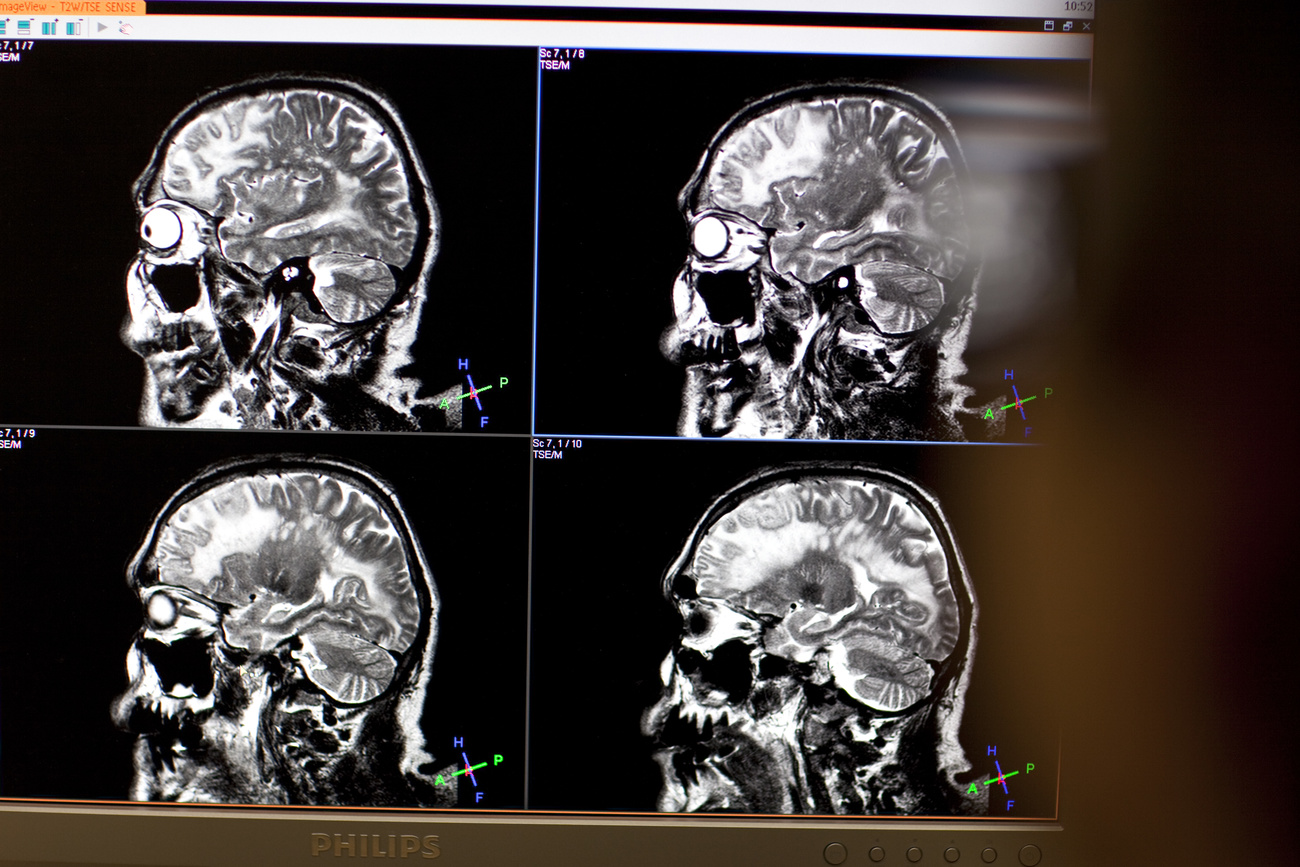
Switzerland Today
Hello from Bern,
Here are the latest news and stories doing the rounds in Switzerland on Thursday, January 6.

In the News: more quarantines, an annual energy prize, and unpaid repatriation bills.
- Switzerland registered another record number of covid cases (32,239) on Thursday. While deaths and hospitalisations are going down, concerns about quarantine disruption continue; 140,000 people are either in isolation (after a positive test) or quarantine (after a close contact). Media have reported restaurants closing due to lack of staff, while transport networks have announced some disruptions. Yesterday, the country’s biggest business federation proposed shortening quarantine from seven to five days.
- The Watt d’Or prize for innovative energy projects, awarded by the Economics Ministry, has this year gone to three groups: the Swiss Federal Railways, for a smart regulation of heating in train carriages; the Verora group of farmers from canton Zug, who designed a type of charcoal which is added to livestock feed to reduce the amount of gases produced by cattle; and the “RaumRaster” prefabricated building design, which can produce 50% more energy than it consumes.
- The foreign ministry has written off some CHF210,000 ($230,000) and is still haggling over CHF360,000 to cover the cost of repatriation flights to bring Swiss citizens home when the pandemic hit. In spring 2020, around 7,000 people (4,000 Swiss and 3,000 non-Swiss) were flown back from across the world when various countries brought in sudden lockdowns: the Swiss government agreed to cover 20% of the CHF7.5 million bill, with the travellers to stump up the rest of the costs themselves.

On top of the world: Swiss mountain resorts having a good Winter, despite the odds
It’s been a good start to the season for Swiss ski resorts, the NZZ writes todayExternal link. Despite patchy weather, more skiers hit the slopes in December than two years ago – pre-pandemic – and not just locals: foreign guests are back. Quoting figures by “Monitoring Consumption Switzerland”, which tracks electronic payments, the NZZ says two-and-a-half times as many tourists from countries like Germany, the Benelux, or the UK checked into Swiss hotels in the last week of December compared with 2020; and they spent (at least with credit cards) almost as much as in 2019.
Business is thus booming in places like Verbier, where yesterday, the Tages-Anzeiger wrote aboutExternal link the prevalence of one particular group – rich Brits. Renowned as an English-friendly resort (they make up around 25% of guests, the paper says), Verbier is also a hotspot for those ready to fork out; the Tages-Anzeiger visits a chalet going for CHF120,000(!) per week. Visitors to the Valais village include James Blunt, billionaire Richard Branson (spotted, and accosted, by the reporter) and royal family offshoots Eugenie and Beatrice (pictured in today’s 20 Minuten). And due to the pandemic, the appeal of Verbier – the “best and safest place on earth” according to one English woman interviewed – has shot up even more.
All good news? According to the Tages-Anzeiger, rising property prices mean living in Verbier is more and more difficult for locals – many now live in the nearby town of Le Châble. And while the paper doesn’t give specific figures, another study published today by Homegate.ch suggests that the mountain boom is general across Switzerland: national rental prices went up by 1% in 2021, but property in mountain cantons rose much more (in Graubünden, for example, by 4.7%), a trend driven in part by a desire to get out of cities during the pandemic. It’s not clear how much of the demand is domestic and how much is foreign. In Verbier, at least, the “extraordinary added-value” brought by super-rich Brits means the town is not complaining.

Believe me! Swiss study dives into “negativity bias” among readers
“61% of Swiss are not satisfied with the handling of the pandemic”; “39% of Swiss are satisfied with the handling of the pandemic”. Which of these statements (invented, by me) sounds more credible? A study published today by the University of BaselExternal link finds that people are more likely to believe the same information when it is framed in a negative light, i.e. the first way. And while this isn’t new – psychologists have talked about “negativity bias” for years – the researchers found that specific negations (i.e. “not satisfied” rather than “dissatisfied”) are most convincing of all. Grey-area statements like “a bit satisfied” also tend to be lumped in as negative. Why are we all such doomsayers? Study author Maria Jaffé says we might be hardwired to react more to negative information about, say, dangers, because of our violent history as a species; when we hear “fire!” we tend to run first and doubt second…
More

In compliance with the JTI standards
More: SWI swissinfo.ch certified by the Journalism Trust Initiative









